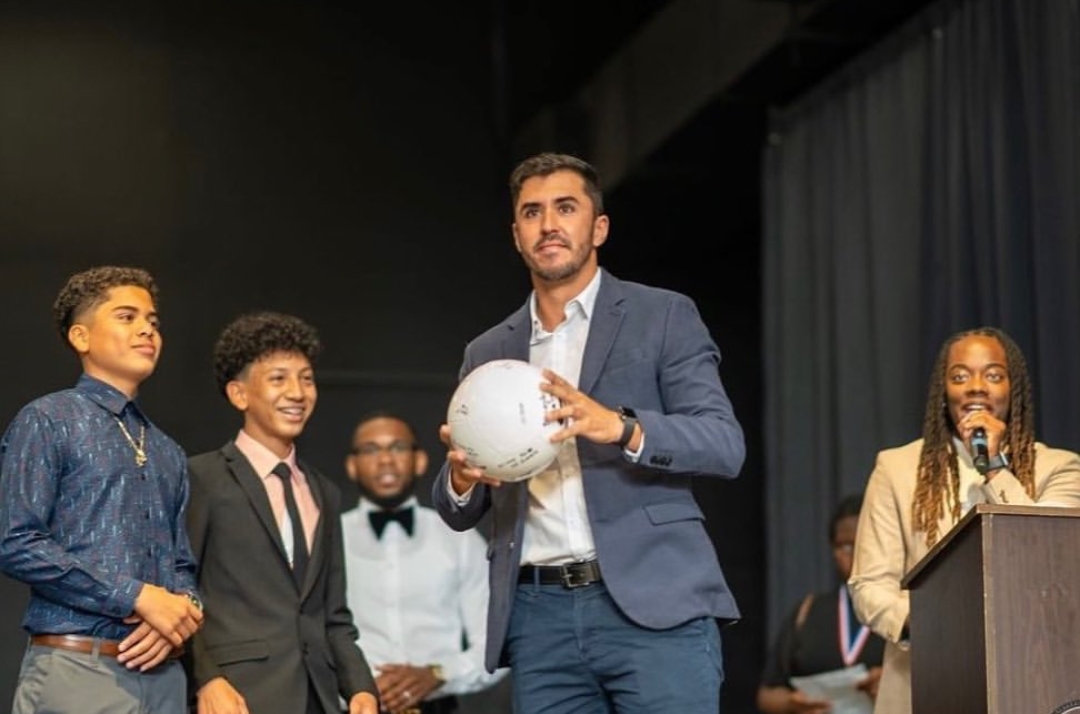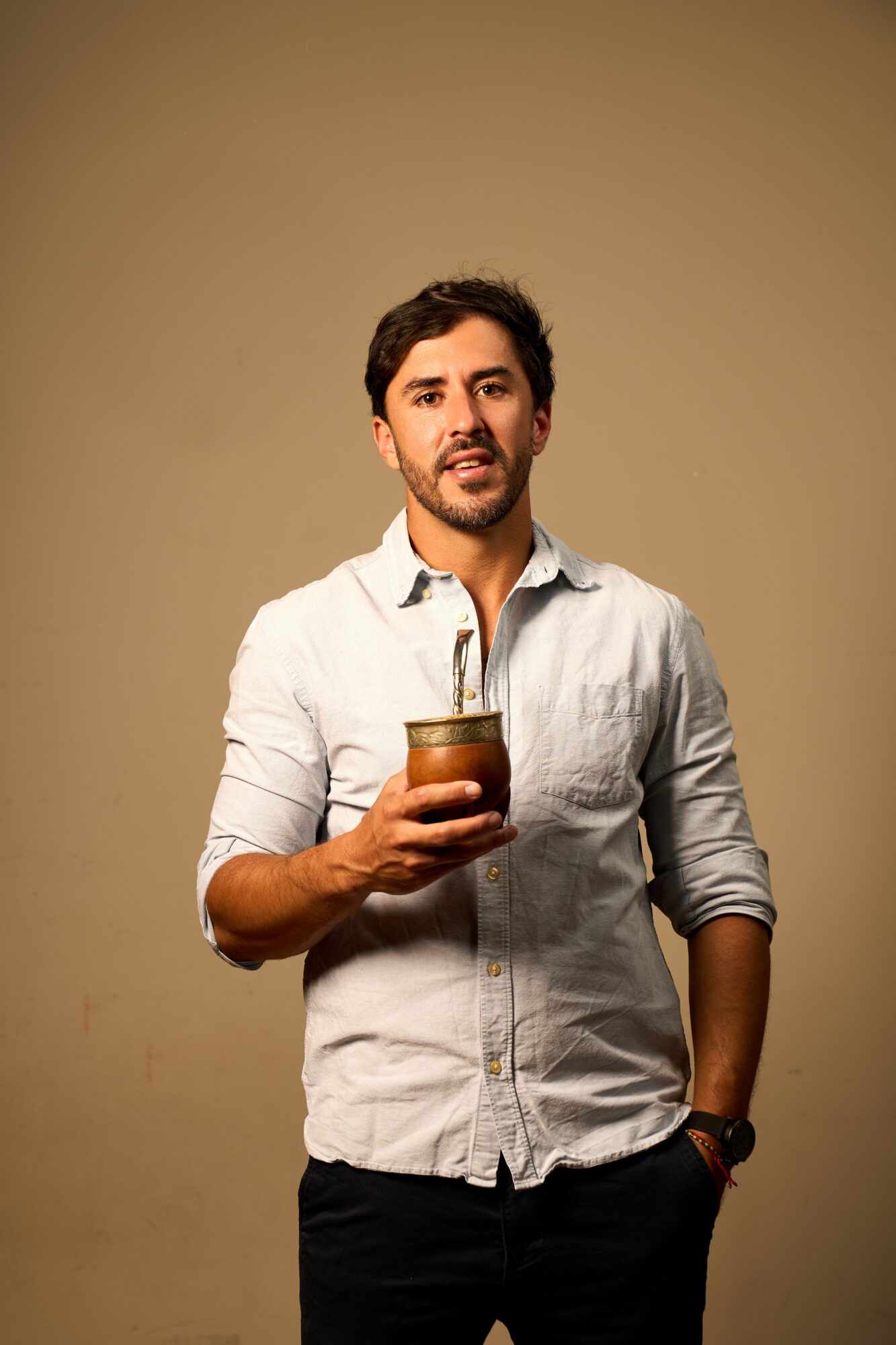

Today we’d like to introduce you to Juan Carlos.
Juan Carlos, we appreciate you taking the time to share your story with us today. Where does your story begin?
It’s been a long journey — first as a player and later as a coach, which has brought me to where I am today. My father owned a soccer academy in Caracas, Venezuela, and that’s where everything started for me. I began coaching very young, working with small kids and discovering my passion for teaching the game.
Since those early days in Venezuela, I’ve had the opportunity to work in Uruguay, the USA, Italy, the Czech Republic, Poland, and Spain. Today, through my connections and partnerships with high-performance centers in Barcelona, I provide players — especially from the U.S. — the opportunity to live and train in a true European soccer environment.
Spain, and especially Barcelona, is a game changer in the career of any athlete. There’s an incredible amount of talent in the U.S., but the sport doesn’t always have the structure and support it deserves. Living and working between both soccer cultures makes me feel a sense of responsibility to help bridge that gap and make a difference for the next generation of players.
Can you talk to us a bit about the challenges and lessons you’ve learned along the way. Looking back would you say it’s been easy or smooth in retrospect?
In youth and professional soccer, I don’t think there’s such a thing as a smooth road — but that’s exactly what makes the journey meaningful. The key is learning how to guide players through it. Being a professional isn’t just a title; it’s a way of living, a mindset.
As I mentioned in my first book, “10 Golden Rules for Soccer Parents,” soccer is full of highs and lows. It’s a long process where you always need to keep the bigger picture in mind instead of expecting immediate results. Nowadays, when patience is rare and people want instant success, it can be challenging for parents and players to understand that soccer is about processes — and real growth takes time.
One of the biggest challenges throughout my journey has been adapting to different cultures and ways of thinking. Every country has its own traditions, values, and reactions — sometimes completely opposite from what I was used to. But at the end of the day, soccer is a universal passion. Those of us who truly love the game understand each other, no matter where we come from.
Alright, so let’s switch gears a bit and talk business. What should we know about your work?
I’m a youth soccer coach and methodology specialist. I teach and guide players, coaches, and academies. Soccer is a global sport, and developing an athlete means addressing every area — not just the technical side of the game, but also the physical, mental, nutritional, and socio-emotional aspects.
It’s the responsibility of parents, coaches, and academies to understand that forming a soccer player goes far beyond kicking a ball. It’s about helping them become better people — learning respect for the game, for opponents, and for themselves. Responsibility, discipline, and empathy are all part of that process. These values can and should be taught, practiced, and lived every day.
My main role with academies is to help them create and maintain a clear identity — defining their sporting and human values, as well as the profile of their coaches, players, coordinators, and even parents.
Even though soccer is universal, European football operates at another level. My mission is to bring that standard closer — giving our talents, both players and coaches, the chance to experience it firsthand and unlock the enormous potential that exists.
Are there any important lessons you’ve learned that you can share with us?
The most important — and maybe the hardest — lesson I’ve learned is that the environment and conditions players are exposed to are what truly make the difference.
I’ve brought players from different parts of the world, especially from Texas, to train in Barcelona. In just seven weeks there, within a professional environment and a structured system, they completed the same number of training sessions that their teams back home would do in an entire season. That means in less than two months, they worked more for their athletic growth than in the eight months of a full season in the U.S.
When you add the knowledge of the technical staff, the level of international competition, living at the club, and the professional habits they develop — taking conscious responsibility for their own athletic future — it becomes clear that environment matters far more than talent.
For those who haven’t experienced it, it’s a blind spot — and, in a way, even unfair.
Contact Info:
- Website: https://juanhernandezcoach.com/
- Instagram: https://www.instagram.com/juanhernandezcoach/











